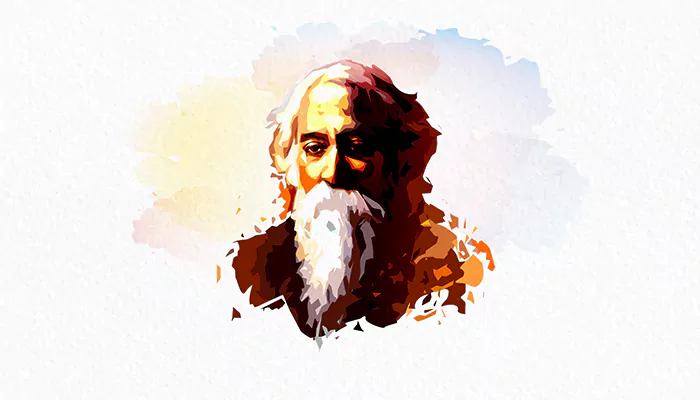Literary Gems: Dive into the Prose Perfection of Nobel Prize Winners – A Must-Read Collection for Your Bookshelf!
- Admin
- 1 year ago
- 3 minutes read

The Nobel Prize in Literature is considered the pinnacle of achievement in the world of writing. Each year, it recognizes a writer who has produced "the most outstanding work of idealistic tendency" in the field of literature. These authors, hailing from diverse backgrounds and writing styles, offer unique perspectives on the human experience, challenging readers and enriching the literary landscape.
If you're looking to embark on a literary adventure and discover the brilliance of Nobel laureates, look no further! Here are a few captivating novels by these distinguished authors, each waiting to transport you to their world:
"The Red-Haired Woman" by Orhan Pamuk (2006)
Turkish author Orhan Pamuk, known for his exploration of complex themes like identity, politics, and cultural clashes, offers a captivating tale in "The Red-Haired Woman." This novel delves into the intricate relationship between a father and his son, exploring filial bonds and the tension between tradition and modernity in contemporary Turkish society.
"Paradise" by Abdulrazak Gurnah (2021)
The 2021 Nobel laureate, Abdulrazak Gurnah, takes us on a poignant journey in "Paradise." This coming-of-age story follows a young Tanzanian boy, Yusuf, who is sold into servitude. Through Yusuf's experiences, Gurnah explores themes of displacement, marginalization, and the enduring search for belonging.
"A Woman's Story" by Annie Ernaux (2022)
French author Annie Ernaux, known for her autobiographical works, crafts a deeply personal narrative in "A Woman's Story." Ernaux embarks on a journey of self-discovery as she investigates the life of her late mother, grappling with memory, loss, and the complexities of family ties.
"Never Let Me Go" by Kazuo Ishiguro (1989)
British author of Japanese descent, Kazuo Ishiguro, weaves a thought-provoking tale in "Never Let Me Go." Set in a dystopian future where human clones are created solely for organ donation, the novel explores themes of humanity, mortality, and the essence of what it means to be alive.
"The Home and The World" by Rabindranath Tagore (1916)
Rabindranath Tagore, the first non-European Nobel laureate, presents a powerful social commentary in "The Home and The World." This novel, set against the backdrop of the early 20th-century Bengali society, explores the clash between tradition and Westernization, highlighting the struggles faced by women and the fight for national identity.
"Sula" by Toni Morrison (1973)
The legendary American author Toni Morrison delivers a powerful story of friendship, sisterhood, and the complexities of life in "Sula." The novel follows two Black women, Nel and Sula, as they navigate societal pressures, personal choices, and the enduring bond they share.
"A House for Mr. Biswas" by V.S. Naipaul (1961)
V.S. Naipaul, a Trinidadian-born British author, offers a poignant tale of ambition and struggle in "A House for Mr. Biswas." The novel chronicles the life of Mohun Biswas, an Indian man in Trinidad, who relentlessly pursues his dream of owning a house, despite facing numerous obstacles and setbacks.
"Chronicles From the Land Of The Happiest People On Earth" by Wole Soyinka (2021)
Wole Soyinka, a Nigerian playwright and author, presents a thought-provoking exploration of power, corruption, and the human condition in "Chronicles From The Land Of The Happiest People On Earth." Set in a dystopian Nigeria, the novel delves into the dark underbelly of society, raising questions about morality and the pursuit of happiness.
"Blindness" by José Saramago (1995)
Portuguese author José Saramago, known for his allegorical and philosophical works, plunges readers into a world of chaos and uncertainty in "Blindness." The novel follows the sudden outbreak of an epidemic that causes widespread blindness, exploring the human capacity for both compassion and brutality in the face of crisis.











